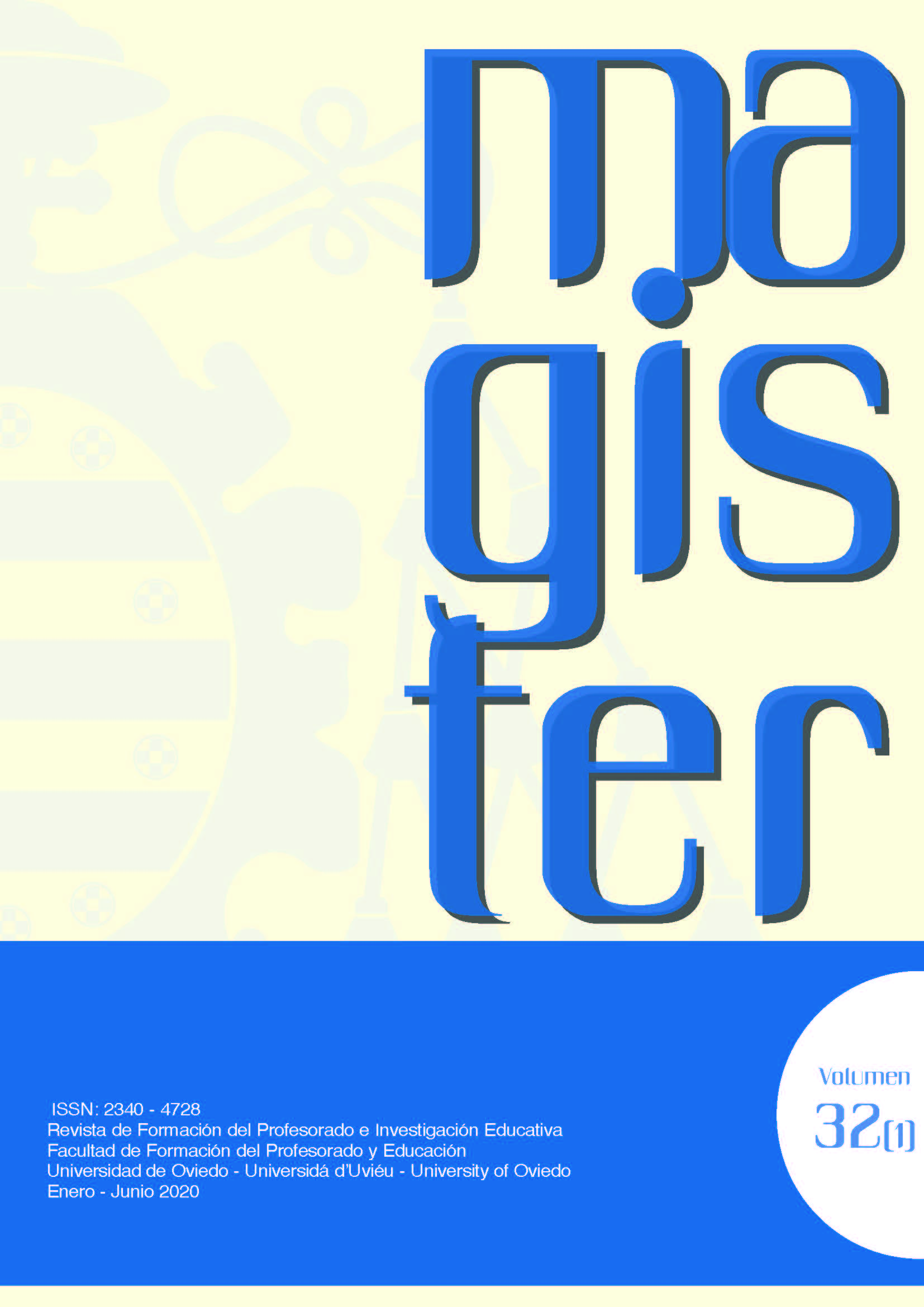Abstract
In this paper we address the issue of how the Covid-19 lockdown experience is impacting on Mathematics teaching and learning processes. This unexpected situation forced the deconstruction of teaching practices and our research is an attempt to understand how mathematics practices of Long-Distance Learning during lockdown were being shaped, and what role this period and the related studies could have for future practices. The main aim of the study, framed by Grounded Theory approach, is to shape the dimensions of the deconstruction process caused by the use of digital technologies in order to both understand the Long Distance Learning emergency period and to encounter the post Covid-19 needs related to mathematics education in a more structured way.References
Borba, M. C., Askar, P., Engelbrecht, J., Gadanidis, G., Llinares, S., & Aguilar, M. S. (2016). Blended learning, e-learning and mobile learning in mathematics education. ZDM, 48(5), 589-610.
Charmaz, K. (2006). Constructing Grounded theory: a practical guide through qualitative analysis. London: SAGE Publications.
Chevallard, Y., & Joshua, M. A. (1982). Un exemple d’analyse de la transposition didactique: la notion de distance. Recherches en didactique des mathématiques, 3(1), 159-239.
Del Zozzo, A. (2019). VirMath. Classi virtuali in matematica. Report interno dei primi risultati del progetto VirMath della Facoltà di Scienze della Formazioni della Libera Università di Bolzano con la supervisione del Professor Giorgio Bolondi. Versione settembre 2019.
Del Zozzo, A., & Santi, G. (2020). Theoretical perspectives for the study of the contamination between physical and virtual teaching/learning environments. Didattica della matematica. Dalla ricerca alle pratiche d’aula, 7, 1-27. DOI: 10.33683/ddm.20.7.1.1
Fandiño Pinilla, M. I. (2002). Curricolo e valutazione. Bologna: Pitagora.
Glaser, B. G., & Strauss, A. L. (1967). The discovery of Grounded theory: Strategies for qualitative research. New Brunswick: Aldine Transaction.
Glaser, B. G. (1978). Theoretical sensitivity: advances in the methodology of Grounded theory. Mill Valley, Calif: Sociology Press.
Thornberg, R. (2012). Informed Grounded theory Scandinavian Journal of Educational Research, (56), 3, 243-259. Scandinavian Journal of Educational Research is available online at informaworldTM: http://dx.doi.org/10.1080/00313831.2011.581686
Tarozzi, M. (2008). Che cos' è la Grounded theory (p. 97). Roma: Carocci.

